Grangers are Scientists





‘It is important to view knowledge as a sort of a semantic tree – make sure you understand the fundamental principles, i.e. the trunk and big branches, before you get into the leaves/details or there is nothing for them to hang on to.”
Elon MuskAt Grange Primary school our Science curriculum aims to develop a sense of excitement and curiosity about natural phenomena and an understanding of how the scientific community contributes to our past, present and future. We want pupils to develop a complex knowledge of Biology, Chemistry and Physics, but also adopt a broad range of skills in working scientifically and beyond. The curriculum is inclusive and meaningful, so all pupils may experience the love of science and make associations between their science learning and their lives outside the classroom.
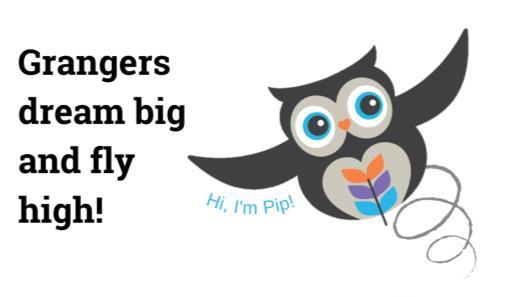
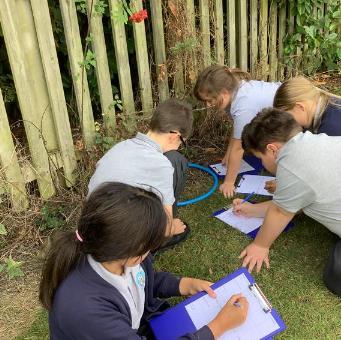
In order to meet the aims of the National curriculum for Science and in response to the Ofsted Research review into Science, we have identified the following key strands:
● Scientific knowledge and understanding of:
○ Biology – living organisms and vital processes.
○ Chemistry – matter and its properties.
○ Physics – how the world we live in ‘works’.
● Working scientifically – processes and methods of science to answer questions about the world around us.
● Science in action – uses and implications of science in the past, present and for the future.
The Grange Science science curriculum is a spiral curriculum, with essential knowledge and skills revisited with increasing complexity, allowing pupils to revise and build on their previous learning.
A range of engaging recall activities promote frequent pupil reflection on prior learning, ensuring new learning is approached with confidence.

• The Science in action strand is interwoven throughout the scheme to make the concepts and skills relevant to pupils and inspiring for future application. Cross-curricular links are included throughout each unit, allowing children to make connections and apply their Science skills to other areas of learning.
• Each unit is based upon one of the key science disciplines; Biology, Chemistry and Physics and to show progression throughout the school we have grouped the National curriculum content into six key areas of science: Plants Animals, including humans Living things and habitats Materials Energy Forces, Earth and space.

• Pupils explore knowledge and conceptual understanding through engaging activities and an introduction to relevant specialist vocabulary. As suggested in Ofsted’s Science research review (April 2021), the ‘working scientifically’ skills are integrated with conceptual understanding rather than taught discretely. This provides frequent, but relevant, opportunities for developing scientific enquiry skills. The scheme utilises practical activities that aid in the progression of individual skills and also provides opportunities for full investigations.
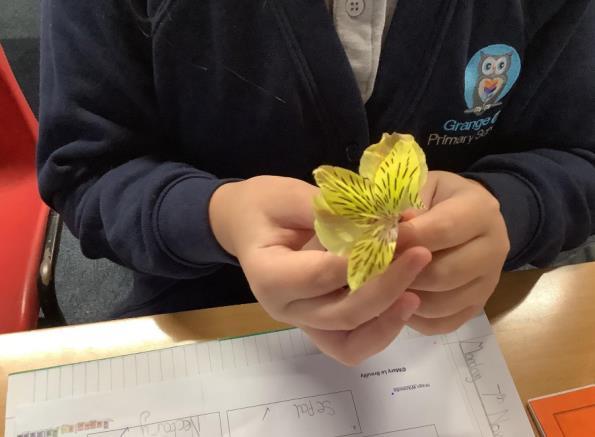
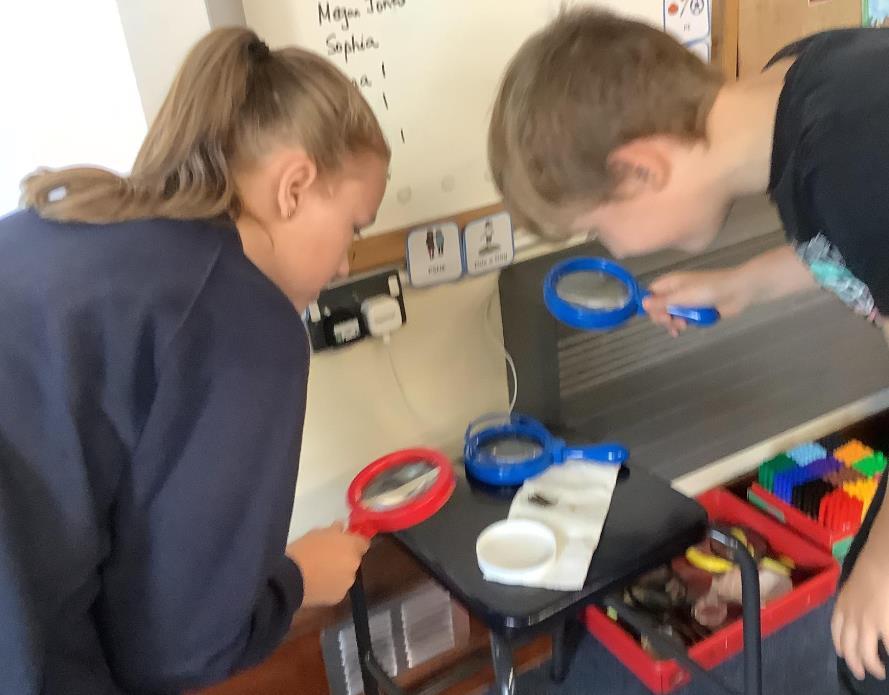
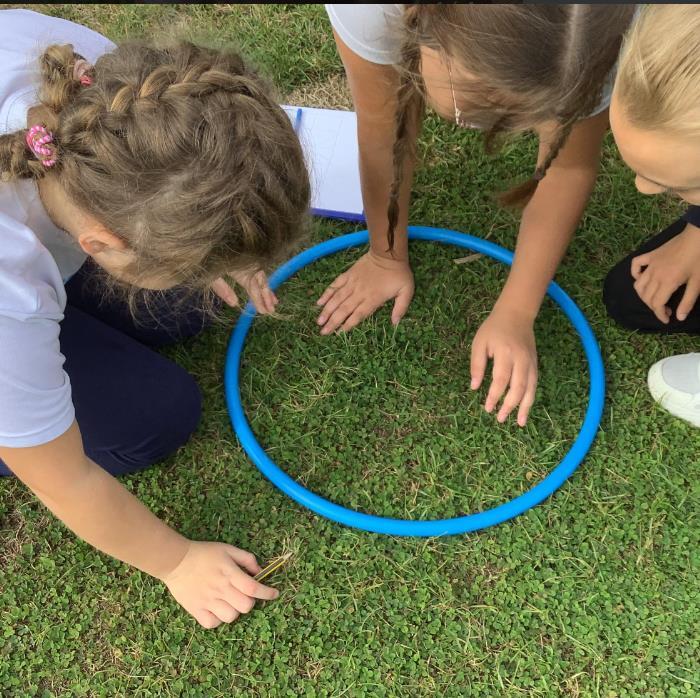
Lessons incorporate various teaching strategies from independent tasks to paired and group work, including practical, creative, computerbased and collaborative tasks. This variety means that lessons are engaging and appeal to those with different learning styles. Lesson are adapted to ensure that all pupils can access learning, and opportunities to stretch pupils’ learning. Knowledge organisers for each unit help to identify prior and future curriculum links to make the science curriculum as meaningful as possible and reinforce key technical terms.
